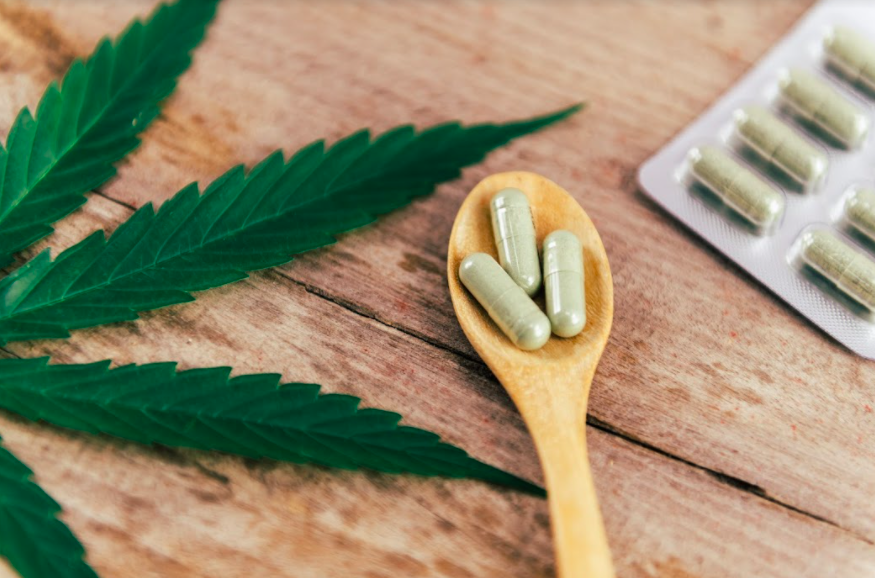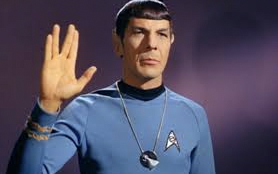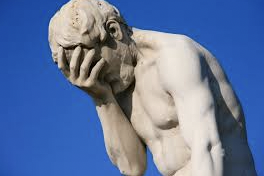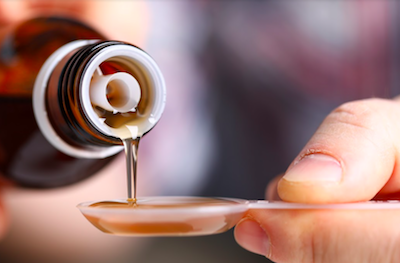Taking Cannabidiol (CBD) provides various benefits for your body, but it should always be taken in moderation. Taking too much CBD may cause you to suffer from adverse side-effects, such as changes in appetite and mood, diarrhea, dizziness, dry mouth, nausea, vomiting, and liver injury, to name a few.
Now that you’re aware of the need to take CBD in moderation, you might be wondering how much CBD you should take and how long does CBD last in your system? For starters, CBD lasts in your body for about 2-5 days. So, if you’re planning to have your drug test done, it’s best to give yourself at least 2 weeks to flush it out of your system.
The Right Dosage
Everyone reacts to CBD differently. The right amount of CBD intake varies on the following:
- Bodyweight
- The condition that you’re treating
- Body chemistry
- The concentration of CBD to each drop, pill, capsule, gummy, etc.
All of these factors are important when determining the correct dosage to use as it helps you avoid unwanted side-effects. If you’re currently suffering from a condition, it’s highly recommended to consult with your doctor first before trying out any CBD products. They could provide you with the right dosage and inform you of its possible side-effects.
Moreover, just because your doctor has given you the go signal to take CBD, it doesn’t mean you should abuse it and treat it like candy. When your doctor has given their full recommendation on how to take CBD, you should strictly stick to their recommendation for proper medication.
However, if your doctor doesn’t provide you any specific dosage but allows you to take CBD, it’s always ideal to start with the minimum amount as much as possible. This will help you work your way to the right dosage for your body. It’s not encouraged to take too much CBD as it can lead to extreme drowsiness, lethargy, an upset stomach, nausea, and diarrhea. You could start with around 20 mg to 40 mg a day and gradually increase your dosage by 5mg after each week, then see if it’s helpful in treating your condition effectively. The maximum amount of CBD you could take should be around 600mg a day. But, for safety, it’s best to keep it to a minimum as much as possible.
Depending on what you want to eliminate, here are the recommended CBD dosages that you should take:
- Insomnia – 25mg per day
- Cancer-related pain – 50mg to 600mg per day
- Parkinson’s disease – 75mg to 300mg per day
- Anxiety – 300mg to 600mg per day
- Psychosis – 600mg per day
You must keep track of your CBD intake and record them. You can write it down on a piece of paper or add it to your calendar notes.
Scheduling Your CBD intake
While there’s no recommended time of the day to take CBD, many people prefer to take it early in the morning along with their other medications to start the day. Then, take one every night before sleeping. Some people even take CBD three times a day and one mid-day to pump up its effect.
Identifying the best schedule for you to take CBD involves experimenting on your part; experiment with how many times you take it in a day and at what dosage.
The reason why there’s no exact and definite schedule for you to take CBD is that there’s a different purpose as to why you’re taking them; not everyone is taking CBD for the same reason as other people. Along with this, CBD takes different effects on different individuals. For some people, it can be sedating and relaxing, while it can be energizing and uplifting for some. That’s why you need to first identify the effect of CBD on your body. Take note that it’s not recommended to take CBD early in the morning, especially if it has a sedating and relaxing effect on you, which isn’t ideal when you’re working during the day.
Here are the recommended times that you should take CBD:
- Morning – You should take CBD in the morning if the CBD effect in your body makes you more active in the day and provide you additional health benefits.
- Mid-day – This will stand as a booster for the CBD if you feel it wearing off.
- Evening – If you’re planning on taking CBD to help you fall asleep, you should take them in the evening for the full effect.
It’s recommended that you take your CBD at appropriate times to enable the best effect on your body. You should experiment and learn which time of the day is best for you to take the CBD, how many times to take it, and what dosage to take it in.
Along with knowing the effect of CBD on your body, you should identify which CBD product works best for you. You can try out CBD in the form of oils, pills, capsules, and gummies. When trying out a different product, it’s best to wait for a week before switching to others to see its full effect.
Benefits of Scheduling
When you line a proper schedule for your CBD intake, it’ll help you stay consistent and provide better results. In line with this, you’ll be eliminating the possibilities of forgetting to take your CBD daily, which could result in it being ineffective. With proper dosing, you’re allowing your body to absorb CBD at a constant and safe rate, gaining maximum effect.
When you’re scheduling your CBD intake, it should be important that you try to take a note of it on a piece of paper or set reminders or alarms on your phone to stay on schedule.
Conclusion
Taking CBD provides a ton of great benefits to your body. While it helps make you feel better, you should take it consistently and with the right dosage. Although overdosing with CBD is close to impossible, there’s still a possibility of getting high and suffering from unwanted side-effects. To provide you the best results that’ll be most effective and convenient for you to take, you should learn how your body reacts to CBD and take them accordingly.

















